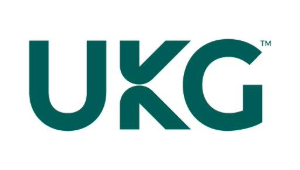Elevate your workforce management with KPMG and UKG
Unleash the potential of your payroll and HCM functions through innovative, people-focused process transformations


The KPMG Global Human Capital Management (HCM), Workforce Management (WFM), and Payroll Advisory services provide solutions designed to enhance and optimize your payroll and workforce management function and technology. KPMG has experts that work with each client to identify areas for improvement and utilizes UKG solutions best practices to achieve optimal performance of your HCM, WFM, and Payroll functions. Our diverse services include shared services and outsourcing to governance modeling. Through these innovative approaches, the KPMG Human Capital Advisory team helps businesses achieve their goals for people-focused process transformation and optimization.
KPMG wins 2025 UKG Global Services Partner of the Year Award
This award recognizes KPMG's leadership in global payroll & workforce management strategy and execution.
KPMG and UKG for healthcare
Improving healthcare employee scheduling efficiency and effectiveness—and employee satisfaction
Human Capital Advisory Services
To become future ready, enterprises must reinvent the world of work and empower an ever-evolving workforce.
Explore our Human Capital Insights
Access fresh perspectives and actionable insights for research, analysis, and events to help you gain strategic insight and position your enterprise for competitive advantage.

11 Game-Changing Ways to Empower your Workforce with GenAI
Maximize employee potential through smart AI strategies
Subscribe to Human Capital Real Insights: Delivering in today's world of work
Subscribe to Human Capital Real Insights for access to research, analysis, and events to help you gain strategic insight and position your enterprise for a competitive advantage.
Meet our team
KPMG Human Capital Advisory Services provides innovative, multi-faceted people solutions to help organizations navigate the challenges they face today. Work with us to ensure your workforce is future ready.


